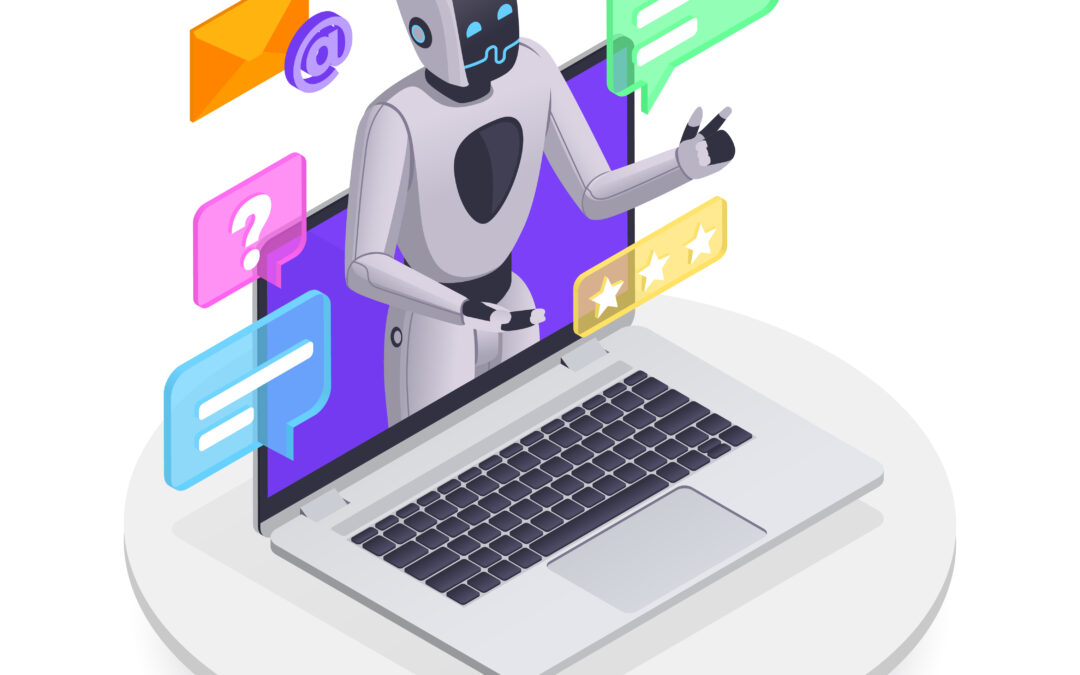Introduction:
ChatGPT, as a large language model, has the potential to revolutionize the field of digital marketing. Its natural language processing abilities enable it to understand human language and generate responses that are tailored to individual users. This makes it a valuable tool for digital marketers looking to improve customer engagement, increase sales, and build brand loyalty.
Personalization:
One of the most significant ways ChatGPT can affect digital marketing is through personalization. By analyzing customer data and behavior patterns, ChatGPT can help digital marketers create personalized content that resonates with their target audience. For example, it can assist in generating product recommendations, content suggestions, and personalized messaging based on a user’s demographics, interests, and preferences. This personalized approach can help marketers build stronger relationships with their customers and increase brand loyalty.
Customer Service:
ChatGPT can also be integrated into chatbots or virtual assistants, providing 24/7 customer support to customers. This can help in increasing customer satisfaction and loyalty, as well as reducing the workload of customer service teams. Chatbots powered by ChatGPT can understand natural language queries and provide instant responses, providing a faster and more efficient way of handling customer inquiries.
Content Creation:
Another area where ChatGPT can impact digital marketing is in content creation. Content is king in digital marketing, and generating high-quality, relevant content is essential for engaging with customers and driving traffic to a website. ChatGPT can assist in generating content ideas, headlines, and even full articles, saving digital marketers time and effort. It can also analyze user data to identify trending topics and create content that is likely to be popular with the target audience.
Advertising:
ChatGPT can also assist in creating more effective ad campaigns. By generating ad copy that resonates with the target audience, ChatGPT can increase the chances of users clicking on ads and making a purchase. It can also analyze customer feedback and behavior to optimize ad targeting and increase the conversion rate. This data-driven approach can help digital marketers improve the ROI of their ad campaigns and maximize their marketing budget.
Responses:
One potential concern with ChatGPT is the risk of bias in its responses. As with any AI system, ChatGPT’s responses are only as unbiased as the data it is trained on. If the training data is biased, it can lead to biased responses that perpetuate stereotypes and discrimination. To mitigate this risk, digital marketers must ensure that they use diverse and representative training data and implement ethical AI principles.
Conclusion:
In conclusion, ChatGPT has the potential to revolutionize digital marketing by providing personalized customer experiences, improving customer service, streamlining content creation, and optimizing ad campaigns. Its natural language processing abilities make it a valuable tool for digital marketers looking to engage with customers and build brand loyalty. However, it is essential to be mindful of the potential risks of bias and take steps to mitigate them. As AI technology continues to evolve, ChatGPT is likely to become an increasingly important tool for digital marketers looking to stay ahead of the curve.

